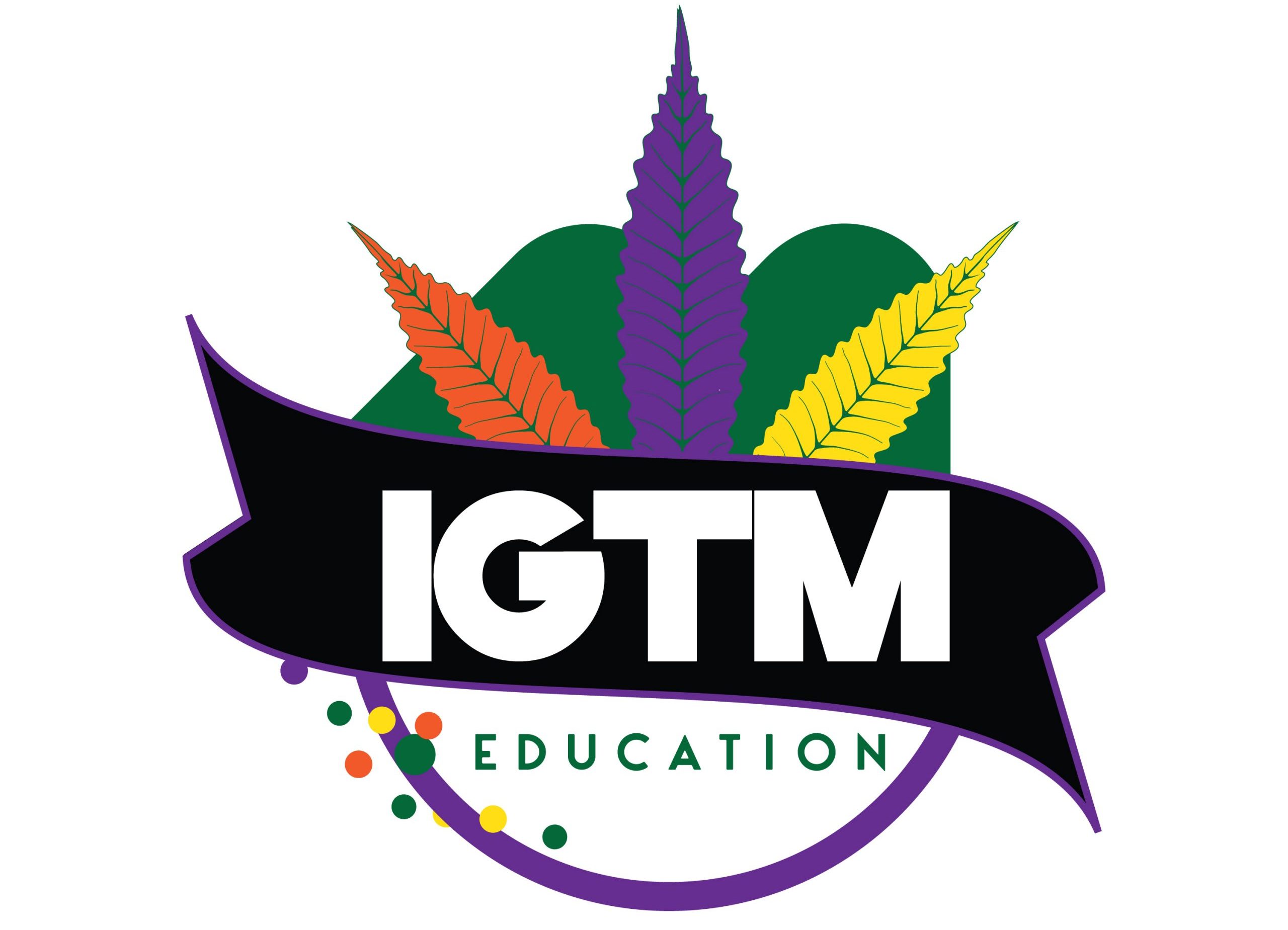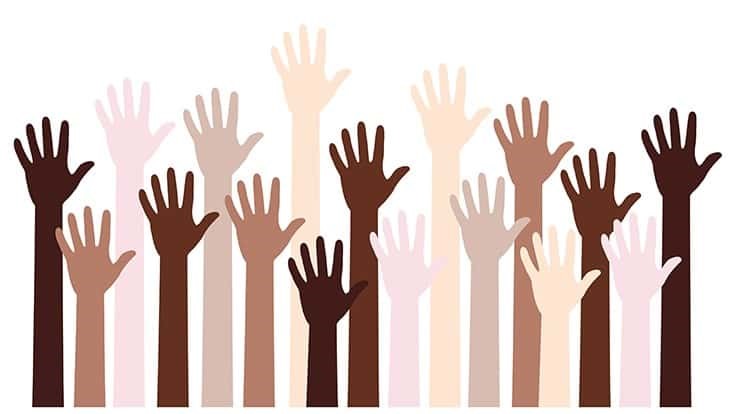
The Arizona Department of Health Services (ADHS) has its work cut out after more than 1,500 adult-use cannabis applications were filed ahead of Tuesday’s deadline for the state’s 26 social equity retail licenses.
The licenses are tied to applicants who have recently lived in 87 qualifying ZIP codes, ADHS officials announced in October.
While ADHS officials did not release details about their residency requirement selection process—there are more than 500 ZIP codes in the state—the chosen areas appear heavily focused on or near Native American reservations, The Arizona Republic reported.
The 26 licenses are in adherence to Proposition 207, the adult-use cannabis ballot measure Arizona voters passed in the 2020 election, establishing that those licenses be awarded to applicants impacted by prohibition.
A limited license state, Arizona’s adult-use cannabis program allows for a total of 169 retail licenses. To be eligible for the 26 social equity licenses, applicants must meet three of four qualifying criteria, including the residency requirement, set forth by the ADHS.
ADHS spokesman Tom Herrmann told the Arizona Daily Star the 1,500-plus applications are now under review.
“There is no time for that review process to be completed, but with more than 1,500 applications to review the process could require a significant amount of time,” he said.
Applications deemed complete will be entered into a random selection process used to award the license winners. With more than 1,500 applications, the odds to win could be less than 1-in-50. The random selection is scheduled for spring 2022, according to ADHS, but there’s possibly for delay if litigation is filed.
Social equity programs have been met with criticism and lawsuits in other states, such as Illinois, that have, or are trying to, adopt them.
Former ADHS Director Will Humble, who led the effort to implement Arizona’s medical cannabis program, told the Republic that he expects some who think they should be eligible for the 26 social equity licenses—but who later find out they are not eligible—to challenge the rules in court.
“I’m sure they’re going to get sued,” Humble said, adding that one of the principles of good governance is to explain the conclusions officials have come to, with respect to the ZIP-code selections. “It’s possible the [ADHS] lawyers said the more information we provide, the more ammo we are offering.”

